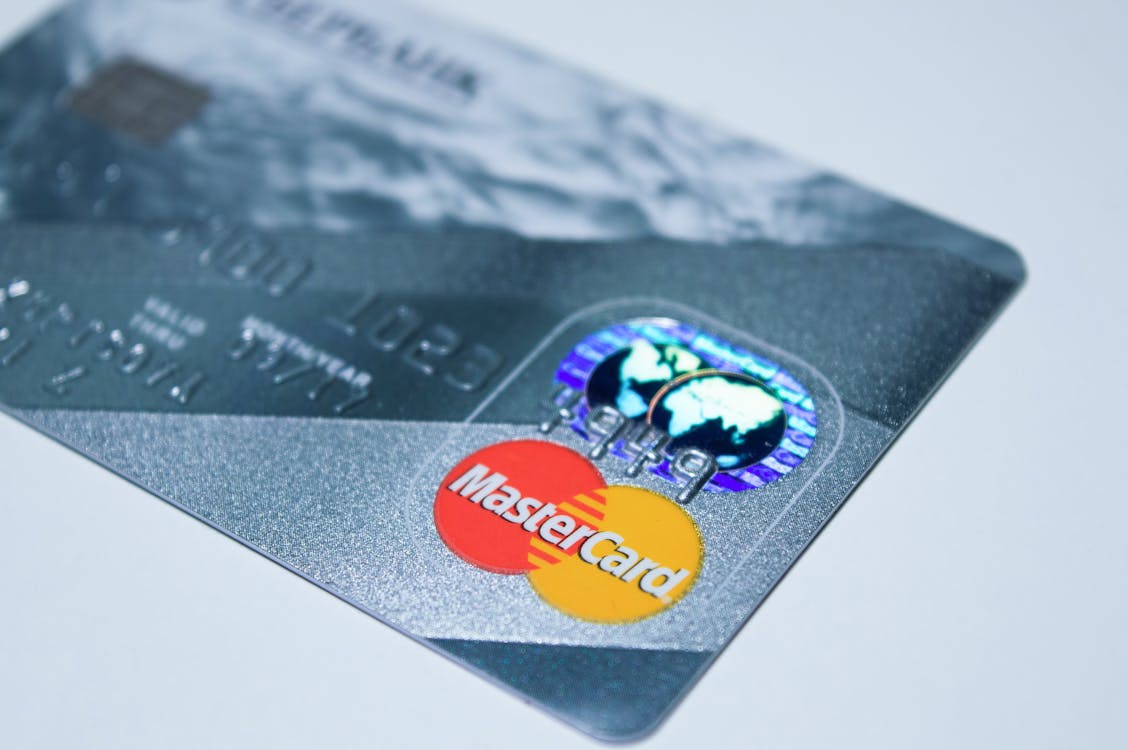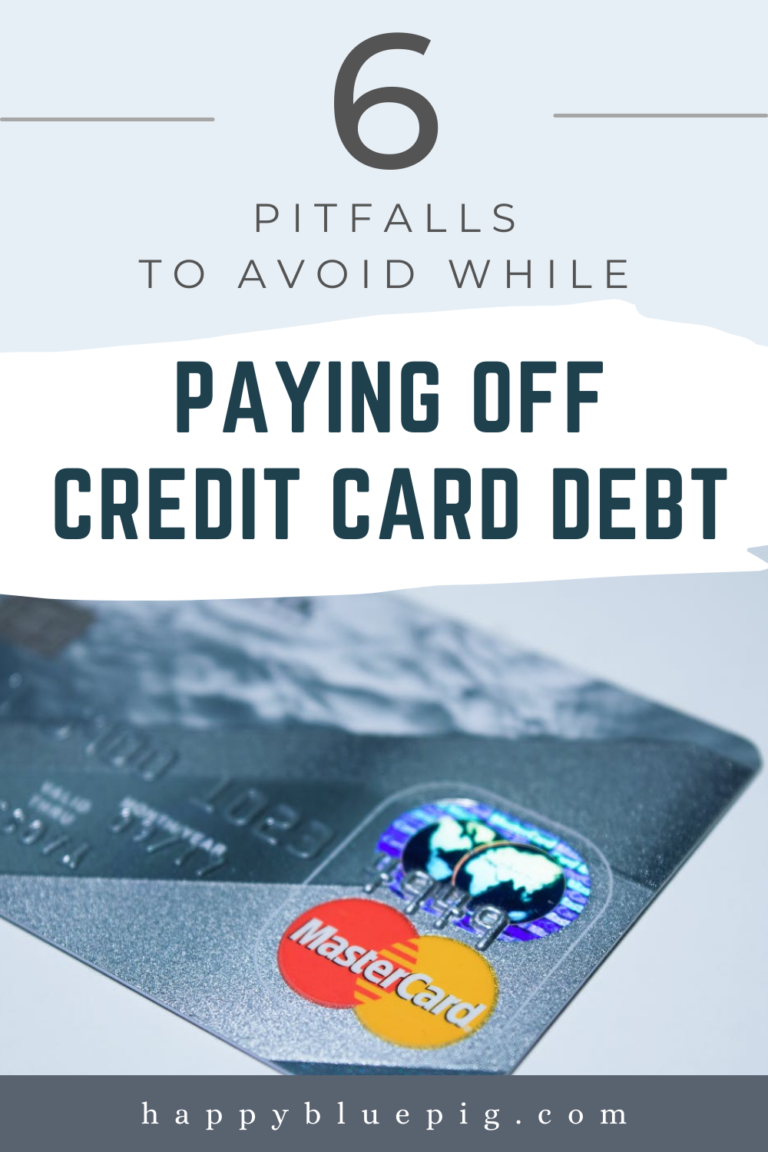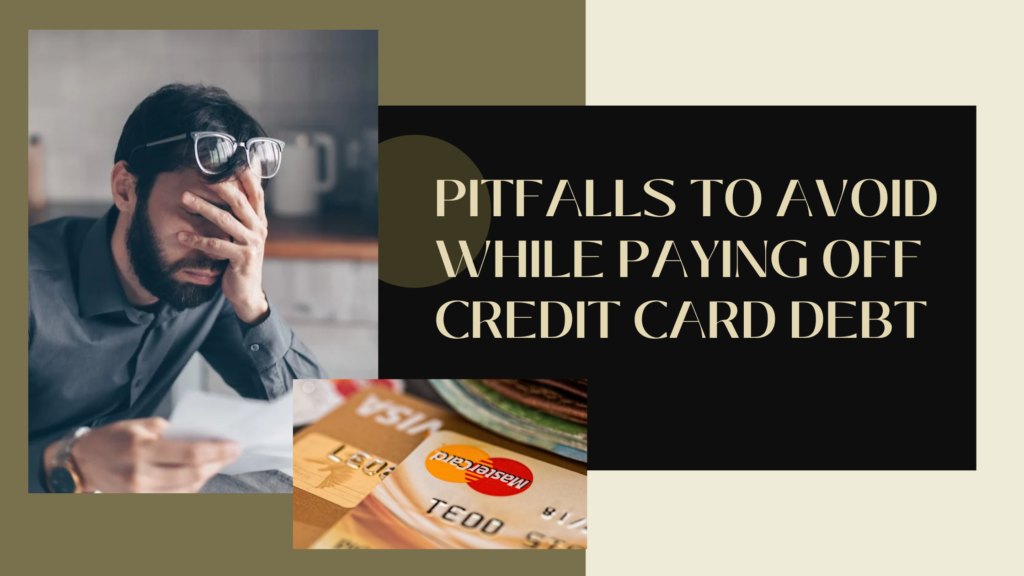Credit card debt in America is at an all-time high. Per Statista.com, Americans owe a total of more than $1 billion in credit card debt in 2023. Paying off your credit card debt will bring you freedom, and open new possibilities for your future. If you’re ready to pay off your debt, you’ve probably looked into different strategies you can use to get out of debt faster. Some strategies have very few downsides, like credit counseling. Other strategies are risky and should only be used with extreme caution. Here are 6 common pitfalls to avoid while paying off credit card debt.
This post may contain affiliate links, which means I’ll receive a commission if you purchase through my links, at no extra cost to you. Please read full disclosure for more information.
Uncontrolled Credit Card Use
You don’t need to stop using credit cards, You just need to use them wisely
1. Use credit cards for any budgeted expense
Nothing is wrong with this method, but it does take the most self-control. When you are using a credit card to pay for a new pair of shoes you need, will you be tempted to also buy a pair of boots that is not in your budget? If the answer is yes, then you shouldn’t be taking your credit cards along when shopping. But if you have iron-clad resolve and can stick to the spending plan, buying only the things you need, then go ahead and use the credit card for a budgeted expense.
2. Leave your credit cards at home, use them to pay a fixed, recurring payment.
To be absolutely sure that you aren’t tempted to buy extra with your credit card, leave it at home. Delete the credit card information from your online accounts. Then set up a fixed, recurring payment from your credit card for a budgeted expense. Some examples would be life insurance, mortgage or rent, TV or streaming services, or your cellphone bill, especially if you can get a discount for autopay. Then each month, pay off that expense in full.
3. Freeze your credit card in ice.
So you just can’t trust yourself around credit cards? Freeze them in a block of ice. It sounds like a joke but it’s not – it’s a tried and true strategy to stop impulse buying. Commit beforehand that if you need to use a credit card, you will wait until the big block of ice melts. Don’t cheat and use a hammer or ice pick! This ensures that you will put some thought into your purchase. Instead of using credit cards, use cash or write checks so that you feel the pain of spending. It might make you think twice and spend a little less!

Paying off your credit card debt by taking out a personal loan
If you can get a low interest rate, you can save money and pay off debt faster with a personal loan. It can also be nice to have just one payment, just one debt to focus on. However, many people then find it difficult to keep their credit card spending under control. It may start small, with just a few expenses on the credit card and then next thing you know, you have accumulated debt again. You might end up in more debt than before, so be very cautious if you use a personal loan for paying down credit card debt.
Debt Settlement
We’ve all seen the commercials for debt settlement companies. They all make debt settlement sound pretty fabulous. But there are big downsides you need to be aware of before you contact a debt settlement company.
It hurts your credit score
First, debt settlement companies do help you settle your debt for a fraction of what you owe, but they do it at the expense of your credit score. They will tell you to stop all payments on your debts, saving that money as a lump sum. Then they will settle with the creditor using that lump sum. Of course, as a for-profit company, the debt settlement company will also want some of your money. And because you stop paying on your debts, the accounts become delinquent and your credit score drops.
Taxes
Did you know you will have to pay extra taxes with debt settlement? That’s right. You can be taxed on the amount of debt that is forgiven by the credit card company, because it is considered your gain.
Morally, it’s pretty questionable
I believe that debt settlement isn’t very ethical. After all, we have debt because we spent the money. We’re being charged interest based on terms we agreed to when we opened the account. It is right that we pay back what we owe. That doesn’t mean we shouldn’t try to get a reduced rate – definitely try to do that. However, I do think that morally, we shouldn’t withhold payment on our debt if we were able to pay.
If you are a Christian, there’s some pretty specific instruction on this in the Bible. Psalm 37:21 states, “The wicked borrows but does not pay back…” and Romans 13:7 states, “Pay to all what is owed to them…”. Biblically, it’s best to live debt free, but when you are in debt, it is right to pay back what you owe.
If you feel that you can’t get out of debt without help, please look into credit counseling instead of debt consolidation.

Borrowing from your retirement accounts
Using a Home Equity Loan to pay off credit card debt
Bankruptcy should be a last resort
As a Christian, there is the extra consideration that we are called to pay what we owe. If you are in a desperate situation, you will have to weigh this carefully. Pray about what you are called to do. Follow whatever conviction God has laid on your heart.
If you are feeling lost and don’t know where to start to pay off your credit card debt, check out this article to get started.


